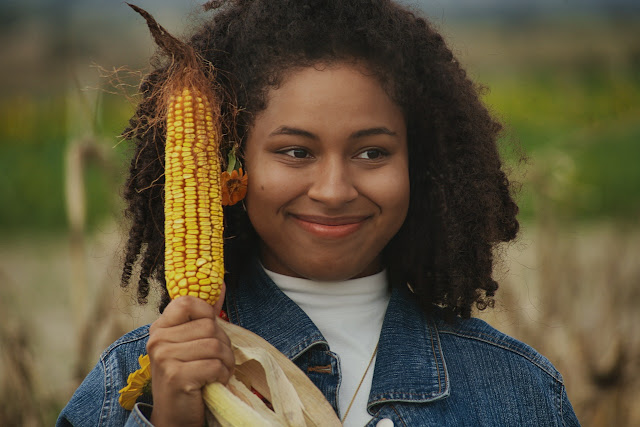Image:pexel.com
Pardon me, it's Professor Wole Soyinka. Who else? The activist whose blood boiled in 1965 in Ibadan where he invaded a broadcasting station to stop the announcement of the winner of what he considered to be a fraudulent elections. He was 35 years old then. The same man, now an elder statesman in 2023, turned a defender of a more dangerous and sophisticated variety of the undesirable political actors and their malfeasance which Nigeria has been battling to get rid of for nearly sixty years after independence.
Political corruption was (and still is) so pervasive and glaring that in 1965 brother Wole invaded a radio station and forced the broadcaster at gun point to announce what he thought was the right results. He did not wait for the judges to decide; he took the law into his hands.




